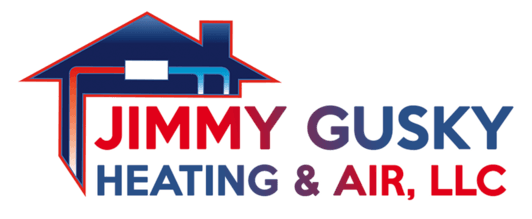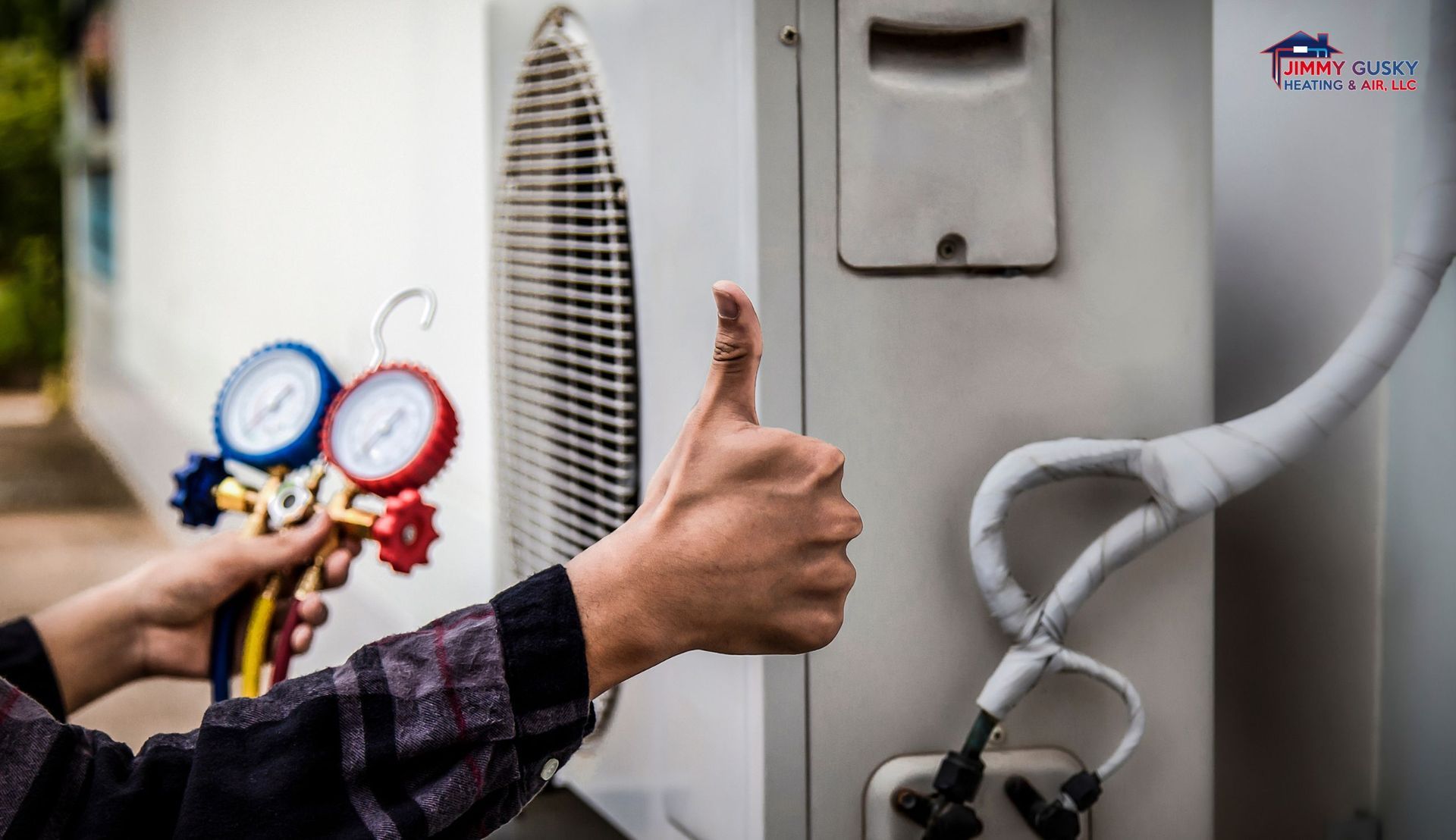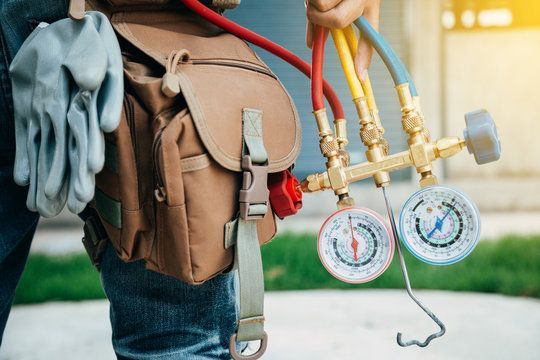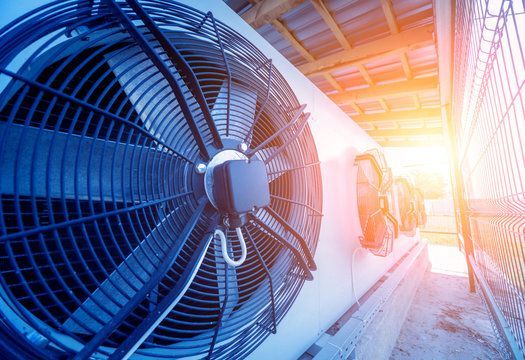Preventative Measures for Avoiding HVAC Emergencies in Washington
Ensuring Year-Round Comfort in Washington

In the ever-changing climate of Washington, where summers can be scorching and winters bitter cold, a reliable HVAC system is essential for maintaining indoor comfort year-round. However, unexpected breakdowns or malfunctions can disrupt this comfort, leading to inconvenience and costly repairs. To safeguard against HVAC emergencies, proactive maintenance and preventative measures are crucial. In this comprehensive guide, we'll explore preventative strategies tailored for Washington residents, ensuring uninterrupted comfort and peace of mind.
Understanding the HVAC System
Before diving into preventative measures, it's essential to understand the components of your HVAC system. In Washington, where both heating and cooling are vital throughout the year, HVAC systems typically comprise furnaces, air conditioners, heat pumps, ductwork, thermostats, and ventilation systems. Each component plays a crucial role in maintaining indoor comfort, and any malfunction can lead to system failure or inefficiency.
Understanding the HVAC system is essential for homeowners to maintain indoor comfort effectively. HVAC stands for Heating, Ventilation, and Air Conditioning, and it comprises various components that work together to regulate indoor temperature, humidity, and air quality.
In a typical HVAC system, the heating component can be a furnace, heat pump, or boiler, depending on the home's heating needs. During colder months, the heating system warms the air and distributes it throughout the home via ductwork or radiators.
The cooling component of the HVAC system is usually an air conditioner or heat pump. In warmer months, it removes heat from indoor air, circulating cool air through the home to maintain a comfortable temperature.
Ventilation is another critical aspect of the HVAC system, ensuring the exchange of indoor and outdoor air while removing pollutants, odors, and excess moisture. Proper ventilation is essential for maintaining indoor air quality and preventing the buildup of harmful contaminants.
Additionally, the HVAC system includes components such as thermostats, which control temperature settings, and ductwork, which distributes conditioned air throughout the home. Understanding how these components work together allows homeowners to troubleshoot issues, perform routine maintenance, and ensure optimal performance of their HVAC system.
Regular Maintenance
Regular maintenance is the cornerstone of HVAC system longevity and reliability. Washington homeowners should schedule professional HVAC inspections and tune-ups at least twice a year—ideally before the start of the heating and cooling seasons. During these appointments, HVAC technicians will perform a comprehensive assessment of your system, identifying potential issues and addressing them proactively. Tasks such as cleaning coils, checking refrigerant levels, inspecting ductwork, and calibrating thermostats can significantly reduce the risk of emergencies.
Air Filter Replacement
One of the simplest yet most effective preventative measures is regular air filter replacement. Clogged or dirty air filters restrict airflow, forcing the HVAC system to work harder and increasing the risk of overheating or breakdowns. Washington's diverse climate means that HVAC systems are constantly circulating air, making filter replacement even more critical. Homeowners should follow manufacturer recommendations and replace air filters every one to three months, depending on usage and air quality.
Ductwork Inspection and Sealing
Ductwork inspection and sealing are crucial for HVAC efficiency. Leaky ducts can lead to energy loss and reduced airflow, impacting comfort and indoor air quality. Regular inspections identify leaks or damage, while sealing ensures proper airflow and temperature distribution throughout the home, maximizing HVAC performance and energy savings.
Leaky or damaged ductwork can significantly impact HVAC system efficiency and performance. In Washington, where both heating and cooling are in high demand, ensuring proper ductwork function is essential. Schedule periodic ductwork inspections to identify leaks, gaps, or damage, and promptly seal or repair any issues. Sealing ductwork not only improves energy efficiency but also prevents air loss, ensuring consistent indoor temperatures and reducing strain on the HVAC system.
Thermostat Calibration
A properly calibrated thermostat is essential for accurate temperature control and energy efficiency. Washington residents should regularly check thermostat settings and calibrate them as needed to reflect their desired comfort levels. Additionally, consider upgrading to programmable or smart thermostats, which offer advanced features such as scheduling, remote access, and energy usage tracking. These features not only enhance convenience but also optimize HVAC system performance and reduce the risk of emergencies.
Outdoor Unit Maintenance
For homes with outdoor HVAC units, regular maintenance is essential to protect against weather-related damage and debris buildup. Washington's climate, with its rainy winters and dusty summers, can take a toll on outdoor HVAC units. Homeowners should periodically inspect outdoor units for signs of damage, clean debris such as leaves and dirt, and ensure proper clearance around the unit for adequate airflow. Additionally, consider installing a protective cover during the offseason to shield the unit from harsh weather conditions.
Emergency Preparedness
Despite proactive maintenance efforts, emergencies can still occur. Washington homeowners should be prepared for unexpected HVAC failures by having a contingency plan in place. Maintain a list of reputable HVAC contractors in your area and familiarize yourself with their emergency service offerings. Additionally, consider investing in a backup heating source, such as portable electric heaters or a generator, to provide temporary comfort during emergencies. Having a plan in place can minimize downtime and ensure prompt resolution of HVAC emergencies.
In Washington, where the climate presents unique challenges throughout the year, proactive maintenance and preventative measures are essential for avoiding HVAC emergencies. By scheduling regular maintenance, replacing air filters, inspecting and sealing ductwork, calibrating thermostats, and maintaining outdoor units, homeowners can safeguard against unexpected breakdowns and ensure uninterrupted comfort. Additionally, being prepared for emergencies with a contingency plan and backup heating sources further enhances peace of mind. With these preventative measures in place, Washington residents can enjoy reliable HVAC performance and comfort year-round, regardless of the weather outside.
All Rights Reserved | Jimmy Gusky Heating & Air, LLC, all rights reserved.
2604 Connecticut Avenue Northwest, Suite 400, Washington, DC 20008 (202) 246-9380




